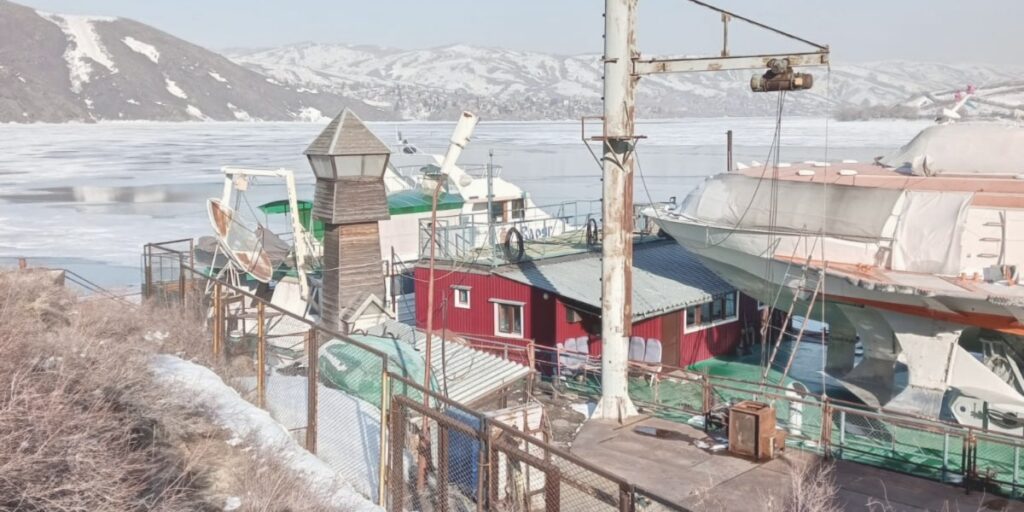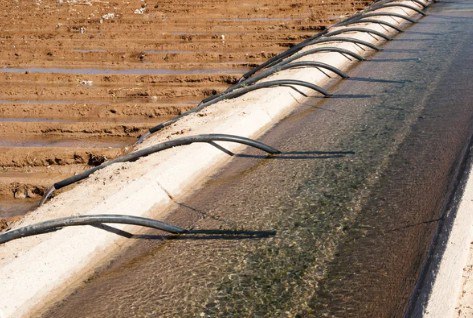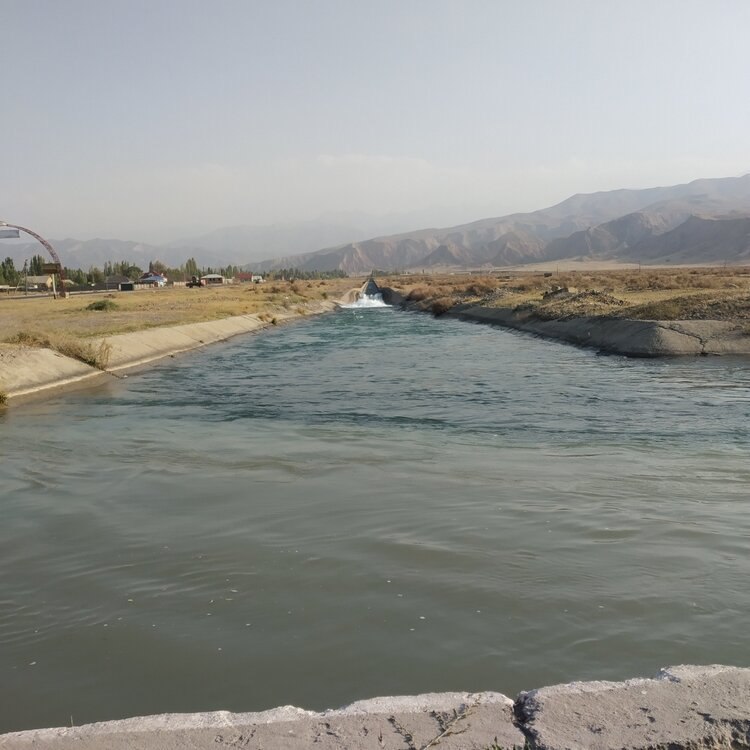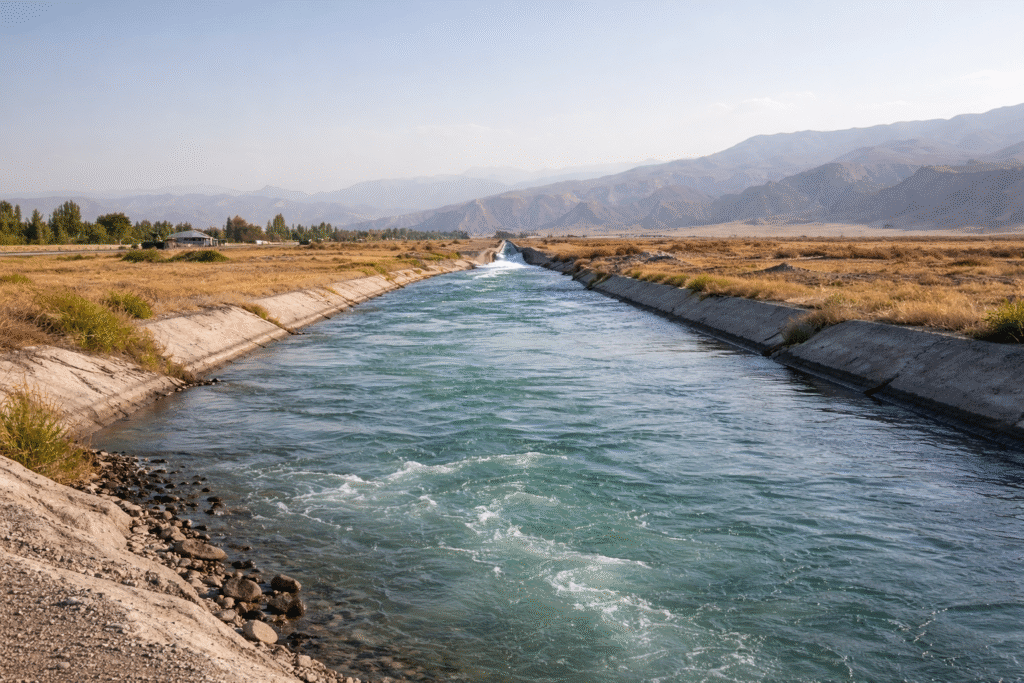Kazakhstan May Introduce Traffic Restrictions Based on Beijing Model
Kazakhstan’s Ministry of Ecology and Natural Resources has proposed that city authorities draw on Beijing’s experience in restricting private vehicle traffic on days with unfavorable weather conditions as part of efforts to combat air pollution. Beijing has operated an “even-odd” traffic system since 2011, under which vehicles with even-numbered license plates may drive on even dates, and those with odd-numbered plates on odd dates. While the measure in the Chinese capital was initially introduced to reduce traffic congestion, in Kazakhstan, it is being considered primarily as a tool to improve air quality. After reviewing Beijing’s practice, the ministry has instructed local authorities and regional environmental departments to prepare air protection plans for 2026-2028, including the possible introduction of similar restrictions. The ministry cited data from Kazhydromet indicating that by the end of 2025, eleven cities in Kazakhstan are expected to record persistently high levels of air pollution. The most affected cities remain Almaty, Ust-Kamenogorsk, Karaganda, Temirtau, and Aktobe. Despite the modernization of major industrial facilities and the adoption of best available technologies, a significant share of emissions originates from smaller sources, including motor vehicles, private households, and small businesses. In Almaty, approximately 60% of emissions are attributed to transport, while a further 12% comes from private homes and small boiler houses. A similar pattern is observed in Ust-Kamenogorsk. In response, the Ministry of Ecology has proposed that city authorities not only consider temporary traffic restrictions during periods of unfavorable weather but also accelerate the transition of public transport and taxis to electric and gas-powered vehicles, establish green belts around industrial zones, subsidize the gasification of private homes, promote connections to centralized heating systems, and ban the use of solid fuels in catering establishments and small boiler houses. The Times of Central Asia previously reported that the most severe smog and adverse weather conditions have recently been recorded in Ust-Kamenogorsk.






